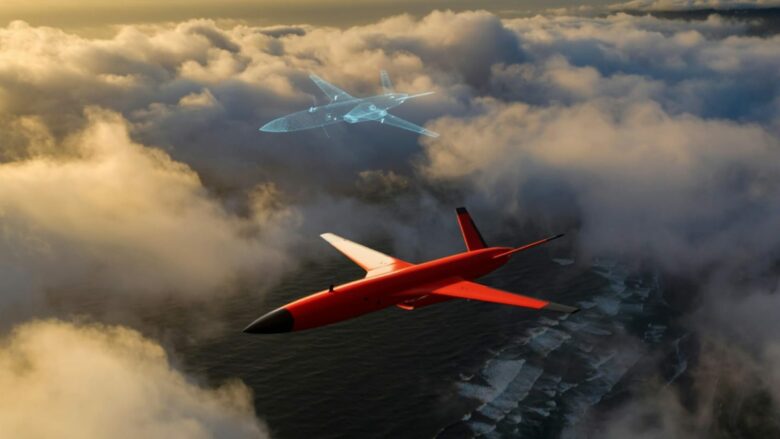Shield AI reaches $5 billion valuation ready to redefine military technology

Shield AI, a Silicon Valley startup specializing in AI technology, is about to reach a major milestone. With innovative software for autonomous aircraft and drones, the company plans to almost double its valuation in a new round of financing. Around $200 million is expected to come from investors such as Palantir, Airbus and L3 Harris.
The next generation of military systems
The developments at Shield AI show investors’ growing interest in innovative defense technologies. According to the Financial Times, there is currently a race among investors: many of them are said to be keen to finance companies that are developing the next generation of military systems.
In addition to Palantir, Airbus, and L3 Harris, venture capitalists such as Andreessen Horowitz, Point72, and Riot Ventures are also expected to participate in the approximately $200 million financing round. Just a year ago, Shield AI was valued at $2.8 billion – now the company’s value is estimated at $5 billion.
Silicon Valley technologies for the Pentagon
In addition, investors are likely to benefit from increased federal spending on national security under the new administration of Donald Trump. Pete Hegseth, Trump’s preferred candidate for the Defense Department, emphasized the importance of driving weapons development through competition and innovation, according to the Financial Times. Hegseth praised Silicon Valley, which is “ready, willing and able for the first time in generations to deliver its best technologies to the Pentagon,” the headquarters of the US Department of Defense.
Geopolitical tensions increase demand
Another reason for the popularity of startups like Shield AI is the wars in Ukraine and the Middle East, as well as other geopolitical tensions. These have increased the dependence on AI technology for military purposes.
In the case of Shield AI, it developed the “Hivemind” software that allows drones and aircraft to fly without GPS, communications, or a human pilot. The autonomous technology is used by a wide range of companies, including the defense industry, which integrates the software into its aircraft.
In addition to Shield AI, Palantir and Anduril, two of the largest US defense companies, are also trying to gain a larger share of the US government’s defense budget, which includes an annual budget of $850 billion.
Modern AI-based US defense companies
are increasingly trying to differentiate themselves from traditional defense companies such as Lockheed Martin and Raytheon by forming new partnerships and consortia to win defense contracts. Palantir, SpaceX, Anduril, and OpenAI, for example, have also combined their technologies in some cases to accelerate the development of new military systems.





























